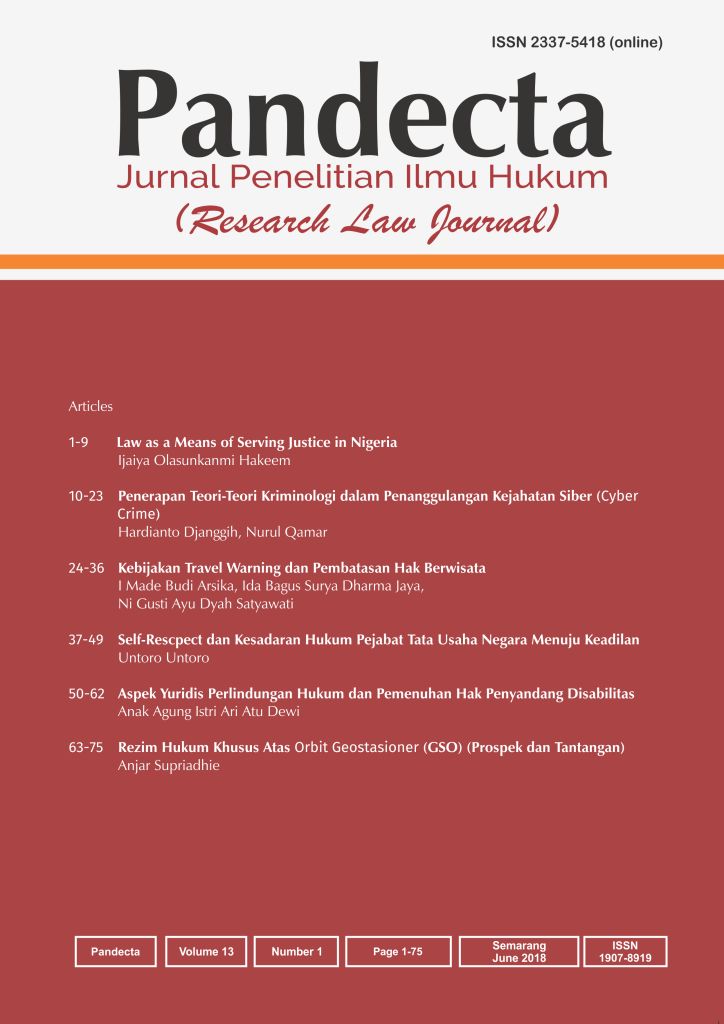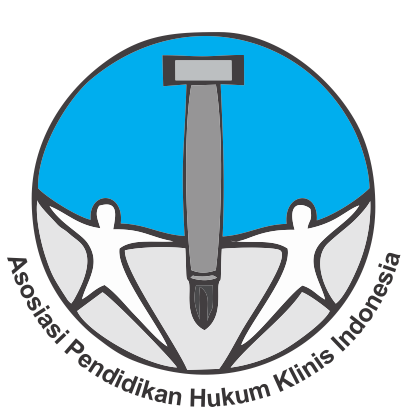Discrimination on the Right to Get Salary for Women Workers in Indonesia from the Ratification of International Conventions Perspective
(1) Department of Law, Faculty of Law and Social Science, Universitas Pendidikan Ganesha, Indonesia
(2) Department of Law, Faculty of Law and Social Science, Universitas Pendidikan Ganesha, Indonesia
Abstract
Discrimination against women workers is a violation of human rights as regulated in international instruments such as the International Labor Organization ILO and CEDAW. Constitutionally, the rights of every Indonesian citizen are based on Article 27 paragraph (2) of the 1945 Constitution of the Republic of Indonesia. Protection of workers is also regulated in Law Number 13 of 2003 concerning Manpower Articles 67 to Article 101 which cover the protection of safety, health and welfare assurance. However, not many women themselves realize that their rights are protected and this has an impact on women’s lives. Reviewing arrangements for the rights of women workers regulated in the ILO, CEDAW and Manpower and their implementing regulations. Accommodate a number of related regulations above, based on gender responsiveness for female workers. This study aims to examine how the accommodation of international conventions into Indonesian positive law? and efforts to strengthen the implementation of the convention?. Types of normative research. The results of this study indicate that there are protection arrangements in conventions that can be adopted. In the future, editorial guarantees for protection for women will be prepared.
Keywords
Full Text:
PDFReferences
Agusmidah. 2010. Dinamika & Kajian Teori Hukum Ketenagakerjaan Indonesia. Bogor: Ghalia Indonesia.
Amalia Fitri, Dini. 2019. Pancasila As A Legal Science Paradigm. International Journal of Law Recontruction. 3(2), pp.123-133.
Badan Pusat Statistik Provinsi Bali. 2016. “Keadaan Ketenagakerjaan Provinsi Bali Februari 2016.,” 2016.
Badan Pusat Statistik. 2019. “Sektor Informal Mendominasi Pekerjaan Di Indonesia 2015-2019.” In https://databoks.katadata.co.id/datapublish/2019/10/21/sektor-informal-mendominasi-pekerjaan-di-indonesia-2015-2019.
Brownlie, I. 2008. Principles of Public International Law. At 1 7th.
Faraday, Fay. 2021. “The Empowerment of Migrant Workers in a Precarious Situation: An Overview Ii The Empowerment Of Migrant Workers In A Precarious Situation.” www.knomad.org.
Febriana Anggita Putri, Icha, and Siciliya Mardian Yoel. 2022. “Pengaturan Hak Pekerja Perempuan di Indonesia dalam Perspektif Convention on The Elimination of All Forms Discrimination Againts Women (CEDAW).” https://ejournal.uniska-kediri.ac.id/index.php/SJ.
Holtmaat, Rikki, and Paul Post. 2015. “Enhancing LGBTI Rights by Changing the Interpretation of the Convention on the Elimination of All Forms of Discrimination Against Women?” Nordic Journal of Human Rights 33 (4): 319–36. https://doi.org/10.1080/18918131.2016.1123502.
Joni, Bambang. 2013. Hukum Ketenagakerjaan. Bandung: Pustaka Setia.
Kusniati, R. 2011. “Sejarah Perlindungan Hak Hak Asasi Manusia Dalam Kaitannya Dengan Konsepsi Negara Hukum Inovatif.” Jurnal Ilmu Hukum, 4–5.
McNicoll, G., 2020. Daniel Maul, The International Labour Organization: 100 Years of Global Social Policy, De Gruyter Oldenbourg, 2020. 301 p. $79.99.
Undang-Undang, R. I. 1999. Undang-Undang Nomor 39 Tahun 1999 Tentang Hak Asasi Manusia. Indonesia.
Undang-Undang, R. I. 2003. Undang-Undang Republik Indonesia Nomor 13 Tahun 2003 Tentang Ketenagakerjaan. Indonesia.
Undang-Undang, R. I. 2005. Undang-Undang, R. I Nomor 32 Tahun 2004 Tentang Pemerintahan Daerah. Indonesia.
Undang-Undang, R. I. 1945. UUD NRI 1945.
Undang-Undang, R. I. 1999. The Republic of Indonesia Law No. 39 of 1999 Concerning Human Rights.
Refbacks
- There are currently no refbacks.


